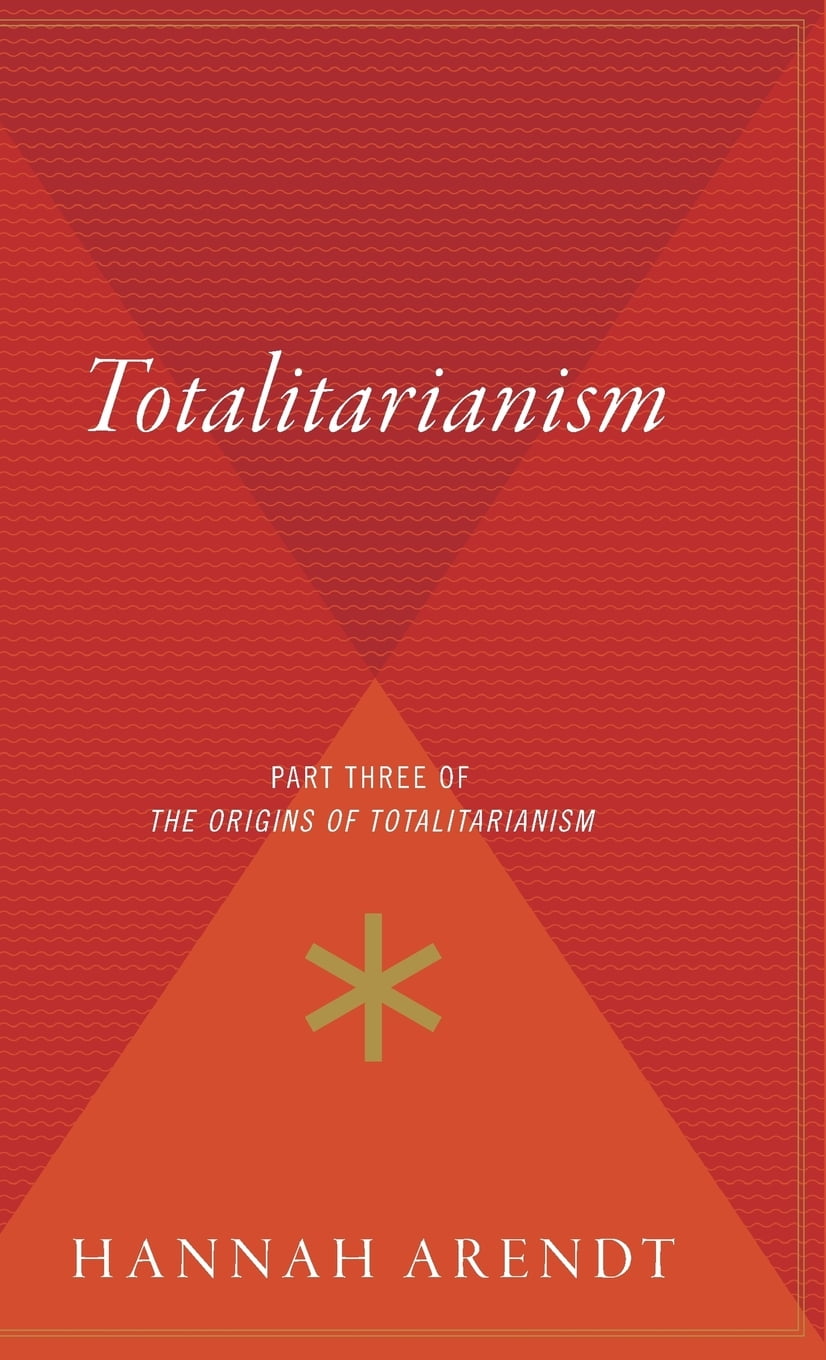
Hannah Arendt was one of 20th century's greatest thinkers, and her books " Eichmann in Jerusalem" and, in particular, " The Origins of Totalitarianism," remain fascinating. As such, the atrocities committed against European Jews during the war took on a far more horrific, and universal, meaning: appropriately motivated, all humans were capable of inhuman acts.

Rather than taking umbrage at his confessional, Arendt, a former German Jew who'd fled to America from Nazi tyranny, argued that, far from being maniacal sociopaths with ungodly desires, the Nazis were mainly a bunch of pen-pushing bureaucrats, intent on furthering their careers rather than being devoted to some sort of supreme, fanatical ideal. A self-confessed follower of the Führerprinzip, or Leader Principle-the central tenet of the 3rd Reich's philosophy that Hitler's commands stood above all laws-Eichmann infamously adopted the "Nuremberg defense" during the trial, arguing that he was only following orders, and that he could not possibly be charged with war crimes.

Arendt is best known for coining the phrase "the banality of evil" in her coverage for The New Yorker of the 1961 trial of former Nazi Adolf Eichmann in Jerusalem.


 0 kommentar(er)
0 kommentar(er)
